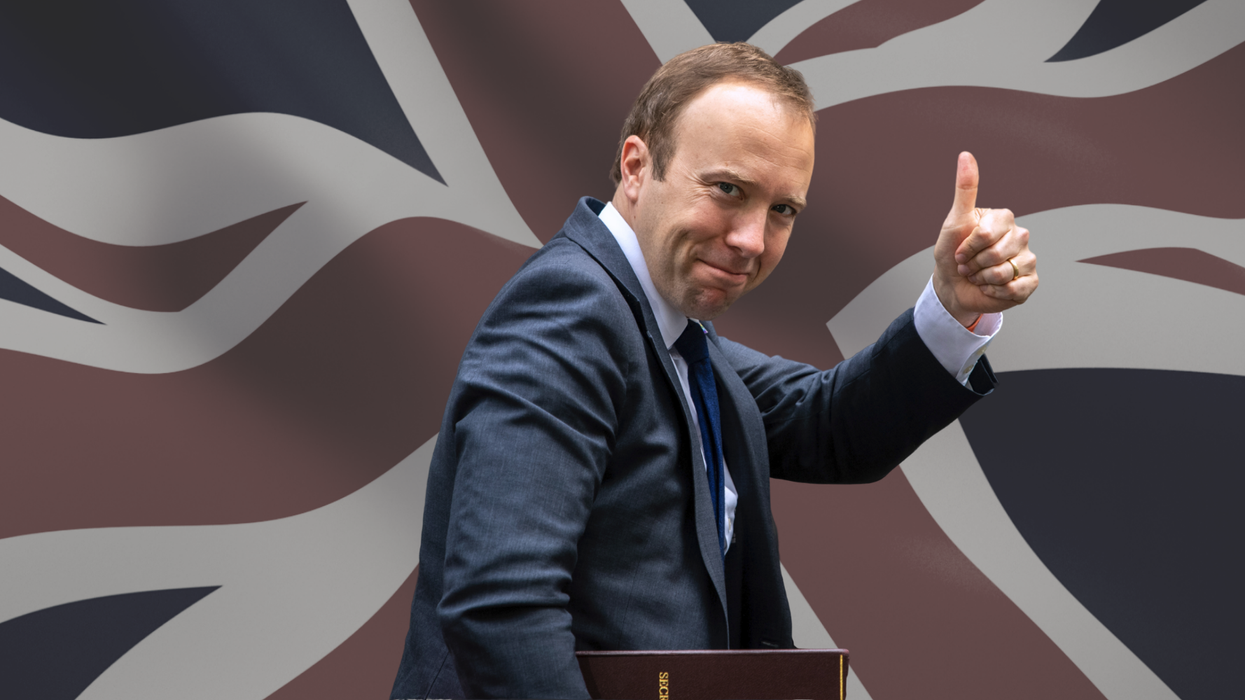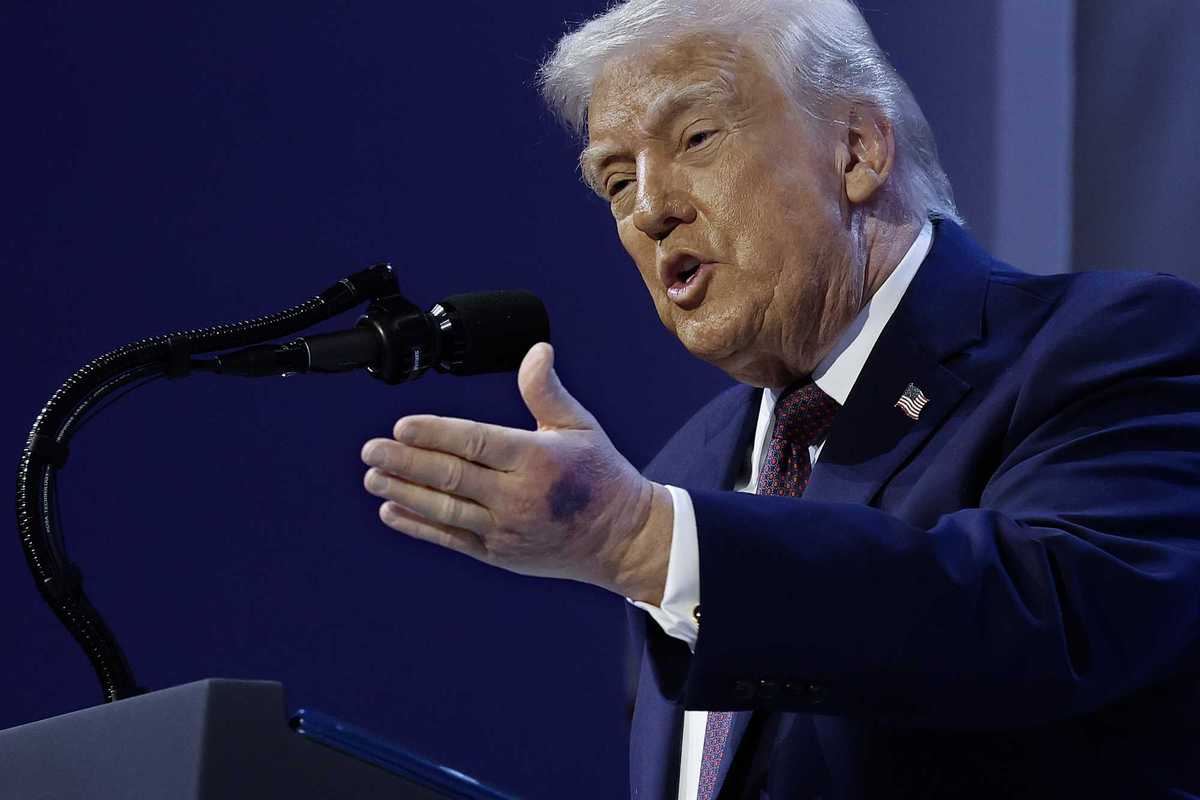News
Moya Lothian-McLean
May 01, 2020

iStock/Getty
Matt Hancock isn’t a stranger to making a bold claim built on somewhat questionable evidence.
Like promising 25,000 coronavirus tests by mid-April, when we were barely scratching 10,000.
And the health secretary has been very quick to present the Covid-19 crisis as a problem to be combated with the sort of patriotism akin to a war effort.
Retired healthcare workers were called up and told “we need you” at the beginning of the pandemic, NHS and retail staff are referred to as “frontline” workers and his rhetoric has even been described as “Churchillian”.
Hancock even went so far as to compare the hiring of Lord Deighton – former chief executive of the London 2012 Olympics – as the head of the national effort to acquire PPE to the appointment of Lord Beaverbrook as Minister for Aircraft Production in World War Two.
So there’s a definite focus on Britain and its national interest here.
But his latest attempt to put Britain first is receiving backlash.
Hancock has been hailing a brand new partnership between Oxford University and pharmaceutical giant AstraZeneca in order to develop a coronavirus vaccine.
In a Twitter thread, he wrote:
Hugely welcome news that @AstraZeneca has signed an agreement with @OxfordUni to take its promising #coronavirus vaccine to scale.
The Oxford vaccine is one of the most advanced in the world. Bringing together the best British science and the best of British business will give us the best possible shot at a vaccine.
In case you didn’t get the message, according to Hancock, this is a British venture.
Except… it’s not.
AstraZeneca is a British-Swedish corporation. Its chief executive, Pascal Soriot, is French.
And it’s an international effort on both sides; several of the 28 members of Oxford University’s Jenner Institute, who began human trials of the vaccine last month, are not British by birth.
Scientists hail from around the globe, from the likes of India, Australia and Kenya.
And Hancock has come under fire from other top scientists for his framing of the issue.
“The science is international because of the team. The business is British-Swedish. There really is no need, nor is it appropriate, to spin the development of this vaccine into some exclusively ‘best of British’ thing” wrote Professor Tanja Bueltmann in a tweet.
I really can’t overstate how wrong this sort of framing is — and would be by any country. No matter where a successful vaccine is eventually developed, it will be the result of international collaboration and expertise, enabled too by past international collaboration etc.
Luke Drury, professor of astrophysics agreed with Bueltmann, writing that science is “intrinsically global”.
And University of Oxford academics called Hancock out too, accusing him of promoting a “nationalist isolationist agenda”.
It’s also worth remembering that if a vaccine is successfully developed AstraZeneca have said they will be working with international partners to distribute it globally and make sure it’s accessible for countries with lower incomes.
Maybe Hancock needs to remember that no man is an island. Even if he presides over one with a distressing culture of exceptionalism.
Top 100
The Conversation (0)












